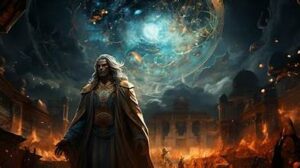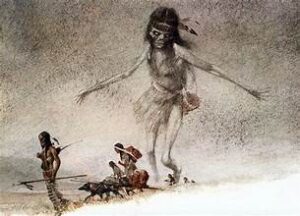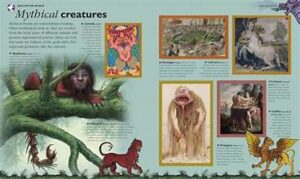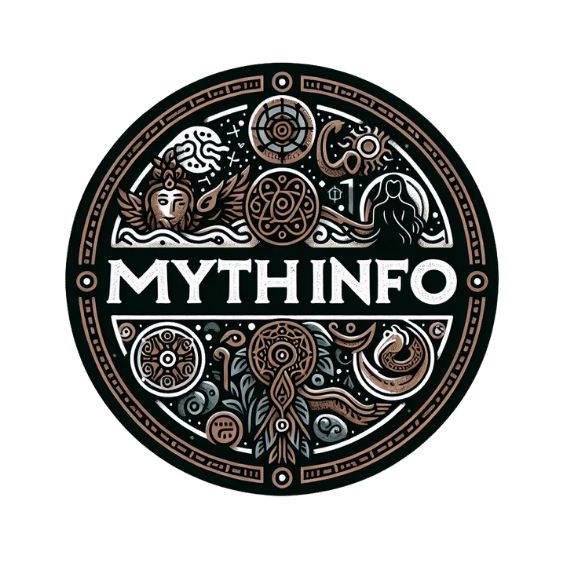
In every corner of the world, myths and legends have shaped cultures and civilizations throughout history. These mythical adventures, rich with fantastical tales and heroic journeys, have not only entertained generations but also influenced our understanding of historical events and cultural narratives. This article delves into the fascinating world of mythical adventures and explores how these stories have shaped our grasp of history.
The Power of Mythology
Mythology serves as a powerful lens through which we can examine historical events and cultural evolution. Myths often embody the values, fears, and aspirations of a society, providing insights into their worldview and historical context. For example, Greek mythology, with its pantheon of gods and epic heroes, offers a window into ancient Greek values and societal structures. Similarly, Norse myths, with their tales of gods and giants, reflect the beliefs and customs of the Viking Age.
Myths as Historical Narratives
One of the most compelling aspects of myths is their ability to serve as historical narratives. Although mythical stories are often fictional or allegorical, they frequently contain kernels of historical truth. For instance, the legend of King Arthur and the Knights of the Round Table, while embellished with magical elements, may have roots in historical figures or events from the early medieval period. These myths preserve cultural memory and offer a sense of continuity between past and present.
The Influence of Mythical Adventures on Culture
Mythical adventures have a profound impact on culture, influencing everything from literature and art to politics and social norms. The epic tales of heroes and gods often serve as allegories for real-life struggles and triumphs. For example, the story of Hercules, with his twelve labors, symbolizes the human struggle against overwhelming odds and the quest for personal redemption. Such stories resonate deeply across cultures and eras, providing timeless lessons and inspiration.
Myths and Historical Revisionism
In some cases, myths have been used to revise or reinterpret historical events. Nationalistic movements, for instance, have often appropriated myths to construct a narrative that supports their political objectives. The mythical figures and stories are sometimes reshaped to fit contemporary agendas, influencing how history is perceived and remembered. This process highlights the dynamic interplay between myth and history, and how myths can be employed to serve various purposes beyond their original context.
Case Studies: Legendary Figures and Their Historical Roots
- King Arthur: The legend of King Arthur, with its tales of chivalry and magical swords, has captivated imaginations for centuries. While the historical existence of Arthur remains debated, the legend reflects the values of medieval knighthood and the importance of leadership and justice in that era.
- Gilgamesh: The Epic of Gilgamesh, one of the oldest known literary works, provides insights into the culture of ancient Mesopotamia. Gilgamesh’s quest for immortality and his interactions with gods and mythical beings reveal much about the religious and philosophical beliefs of the time.
- The Trojan War: The Iliad and the Odyssey, attributed to Homer, are foundational texts of Western literature. While the events described may have a historical basis, they are deeply intertwined with mythological elements, demonstrating how myth and history can coexist and inform each other.
The Role of Myth in Modern Times
In contemporary society, myths continue to play a significant role in shaping cultural identity and historical understanding. Modern adaptations of mythical tales in literature, film, and media reflect ongoing fascination with these stories. By reinterpreting ancient myths, contemporary creators engage with historical themes and offer new perspectives on age-old narratives.
Conclusion
Mythical adventures are more than just stories of gods and heroes; they are vital to understanding the past and interpreting history. Through their blend of fact and fiction, myths offer a unique perspective on historical events and cultural values. As we explore these legends, we gain valuable insights into the societies that created them and the enduring power of storytelling in shaping our understanding of history.

